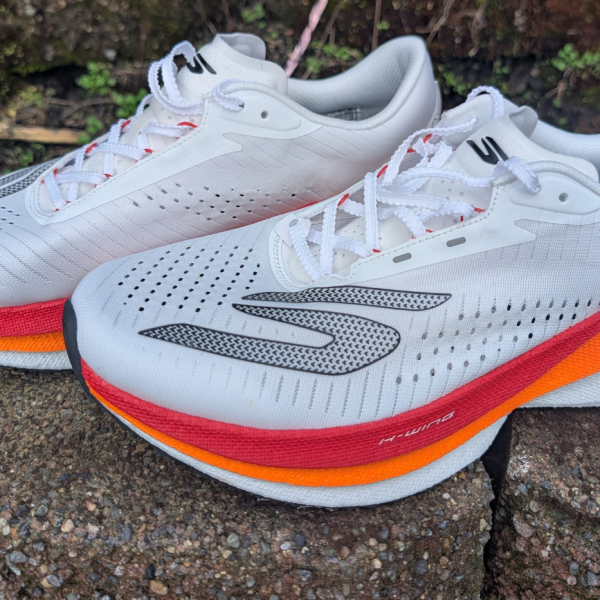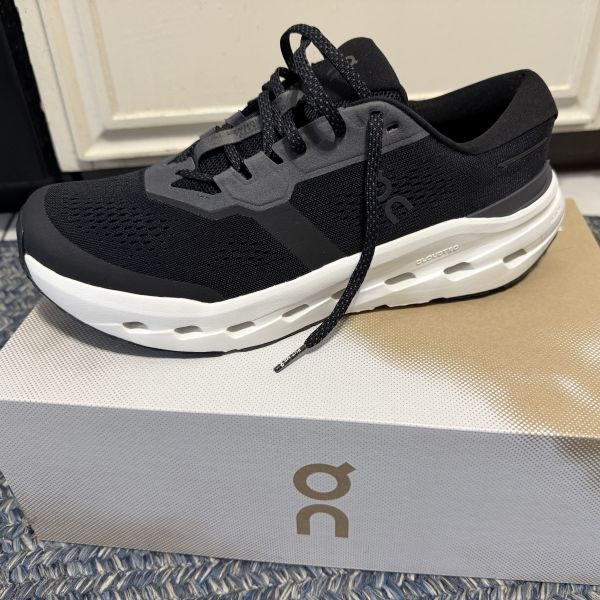Ever wonder if nutritional supplements can help you boost performance, run faster, or even set PRs?
You're not alone. A lot of people, including runners, are looking for that perfect combo of diet, exercise, and supplements to achieve their fitness goals, like running a marathon.
It's one reason the supplement industry generates an estimated $122 billion a year, according to the Council for Responsible Nutrition.
You don't have to look far to find supplements for runners, and many other supplements, that make big promises.
Here are 4 tips about supplements for runners.
❌😲But first, the warnings... ❌😲
Runners tend to have two mindsets when it comes to issues that affect the way we show up in our sport:
Basically, if we can’t solve the problem immediately then we’re likely to just shove it under the rug until it magically gets better.
This all-or-nothing mindset leads to more:
And I’d be willing to bet money on the fact that most runners find themselves between this same rock and hard place on a regular basis.
For me, it’s every single time that I notice a niggle or feel my energy dip.
From there, the day turns into a direct spiral down the Google tunnel to figure out exactly what’s wrong with me and the quickest way to get rid of it ASAP, whether it's...
I’m determined to find it. On the off-chance that I can’t figure out the key to unlock the door opening straight back to perfect health, I’ll pick out the easiest option on the list of “maybes.”
You know, just to feel like I’m doing something productive anyway and then get back out there like nothing ever happened.
Just slap a pretty bow on it and call it good.
My two “quick-fix” methods of choice are...
But it turns out that those pill bottles aren’t often full of much besides empty promises.
So why not just try some supplements for runners to see if anything makes a difference?
Like…
Sounds like a great way to cover all the bases, right?
Here's the thing. There are real risks hiding inside the trial-and-error approach.
First of all, all those supplements cost a pretty penny.
TIP: Although the extra investment might seem worthwhile in the moment, it might hurt to look back at all the questionable purchases that didn’t end up working out.
Second, it takes time to sift through all the empty promises.
The truth: This takes precious time away from the things that will probably do more good towards improving your running and bettering your health, like:
A little guidance goes a long way toward saving you time and money, and that’s in a best-case scenario.
Sometimes, the consequences of trying out random supplements without knowing for sure that you need them carry a bit more weight than a bit of lost time or a drain on your bank account.
The Food and Drug Administration does not often regulate supplements.
As a result, many supplement companies don’t take the extra step to send out their products for testing or certifications.
Supplementation also raises the risk of going above and beyond your needs.
Even if you would benefit from a certain supplement, taking too much of something can be just as bad or worse for your health as taking too little.
Kylee Van Horn, a Registered Dietitian who works with endurance athletes through her business Fly Nutrition, warns that:
“Some serving sizes on supplements can lead you to exceed the daily value you need of something.” Too much of even a good thing can pump more into your body than it can handle.
In another best-case scenario, whatever surplus you can’t efficiently absorb will just exit your body the way all other food and liquid does (if you catch my drift…).
Now, this isn’t to scare you away from supplements for runners to fill in the gaps. In fact, my point is the exact opposite.
Everyone deserves to feel their best and supplements can play an important part in that.
👉But instead of cluelessly surveying the shelves at your local Vitamin Cottage, try these tips for smart supplementation first. 👇👇
So you’re feeling off, like something just isn’t quite right. For example...
That ever happen?
No matter how you’re feeling, the first step is to get in touch with your body and figure out what’s different.
TIP: Pinpoint the changes you’ve noticed in how you show up to run or in other aspects of your life so that you can get an idea of what seems missing and what exactly you hope to change.
Knowing your body well enough to understand when something’s off and tallying up your symptoms certainly helps point runners in the right direction in the process of figuring out our needs.
But checking off boxes on WebMD doesn’t quite count as a real diagnosis.
TIP: See a professional to help you make sense of your symptoms.
A Registered Dietitian like Kylee can take the pieces of information that you’ve discovered by listening to your body and put them together to reach a personalized and informed conclusion about what might be going on.
An RD will assist you in making a plan to get back on track and meet your nutritional needs, and might be able to teach you how to get those nutrients from food first rather than jumping straight to supplements.
Now that we understand the risks of playing trial-and-error with supplements, you know that it pays to have solid evidence before making any rash decisions.
The best way to get the most trustworthy information is by going straight to the source: your blood.
InsideTracker is a company that provides in-depth blood analysis for athletes by “measuring specific biomarkers related to performance and giving them an edge over the competition,” according to their resident dietitian Stevie Smith.
You can get routine bloodwork done at the doctor’s office, but insurance doesn’t always cover all the tests that would benefit athletes because our needs can differ from those of other populations thanks to the myriad ways that running puts unique demands on our:
General practitioners also can’t always provide the same level of insight based on the results from those tests that athletic specialists.
Either way, thorough bloodwork analysis can offer you peace of mind about what you really need to focus on so that you can reach more optimal levels of health or performance.
“Having blood biomarkers tested can help an individual make an educated and - most importantly - safe decision about whether or not to aid in supplements…where their body may need a little more than they are getting from food,” Stevie explains.
“When testing with InsideTracker we take supplementation recommendations a step further by educating on how to best take a supplement, the safe and effective dose amount, any potential side effects of interactions, recommendations on which brands are third-party tested, and the reminder to discuss any new supplement with your healthcare provider.”
Once you know for sure what’s really missing from the equation and what trusted steps you can take to address it, you have the chance to turn your running - and your life - right back around from any setbacks you’ve been facing.
After all, our bodies themselves are our main tools for running our best.
No special shoe or aerodynamic shorts can measure up to the well-oiled machine that is a happy and healthy body.
Deficiencies in certain areas really may be holding you back from that kind of potential.
“Biomarkers such as vitamin D and ferritin (iron) can directly impact athletic performance,” says Stevie, “while others like cortisol and creatine kinase can provide insights into overtraining and injury prevention.”
Take real control of your health by solving the equation with knowledge under your belt. Informed change goes much further toward the next best run of your life than any fancy tape design or random pill bottle snatched off the shelf.
Tell us about it in the comments.

Login to your account to leave a comment.





We Want to Give it to You!
